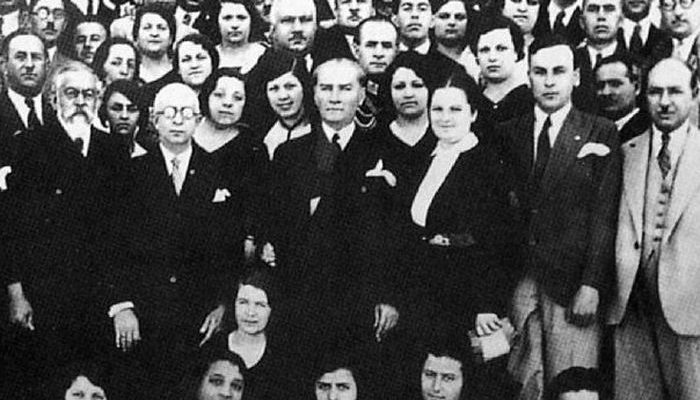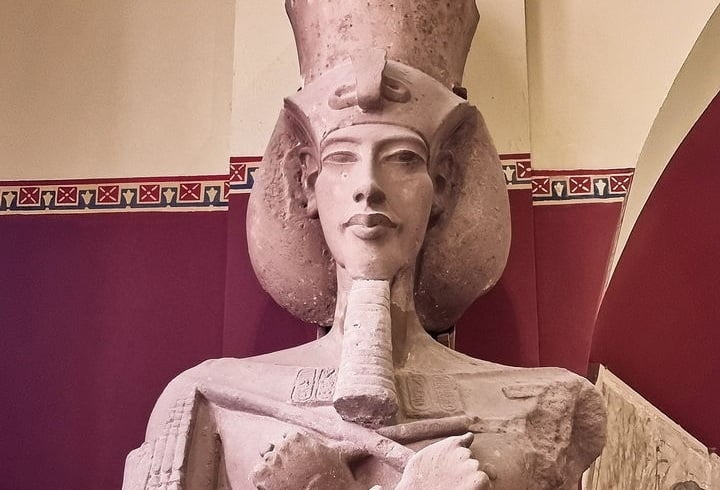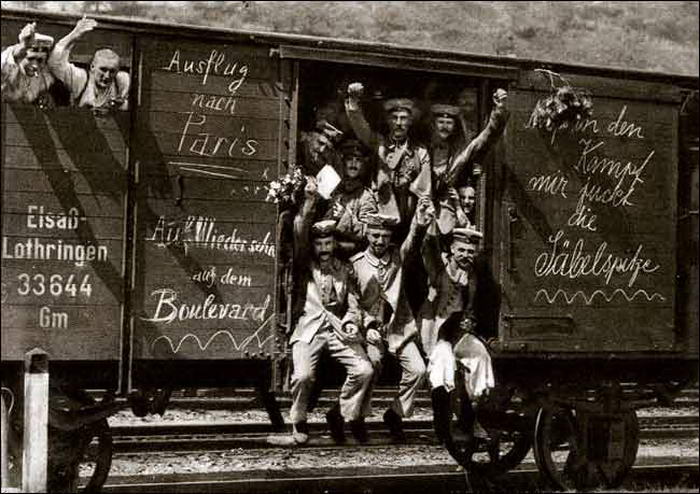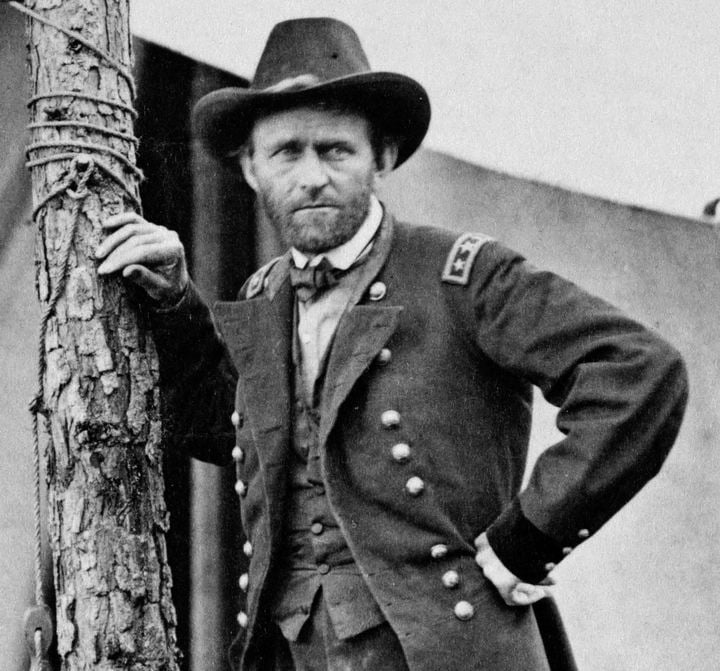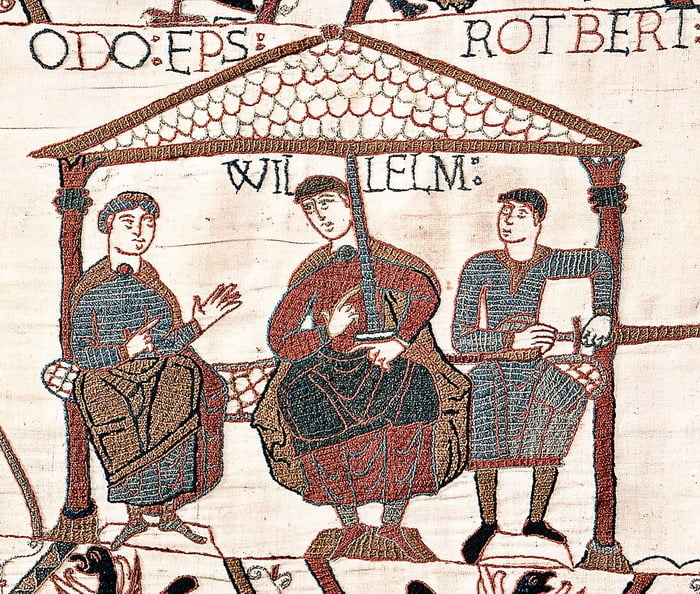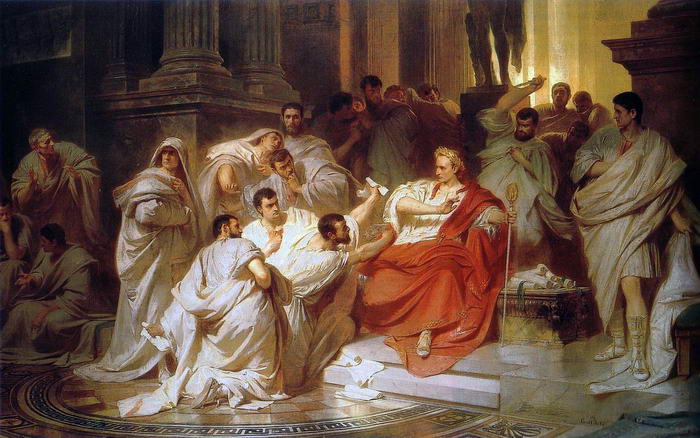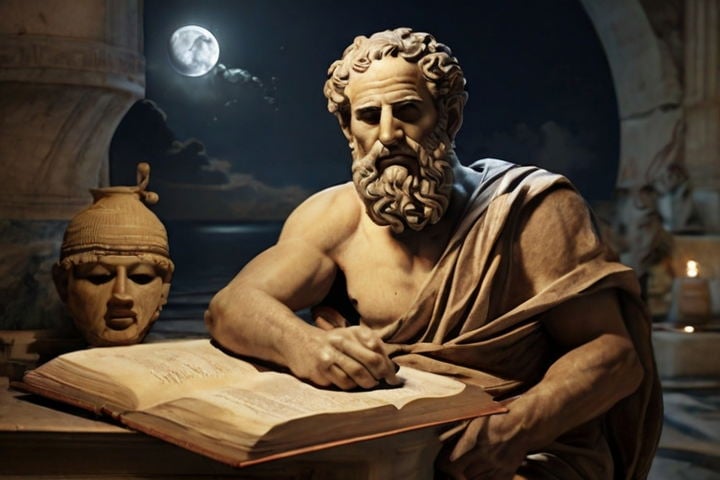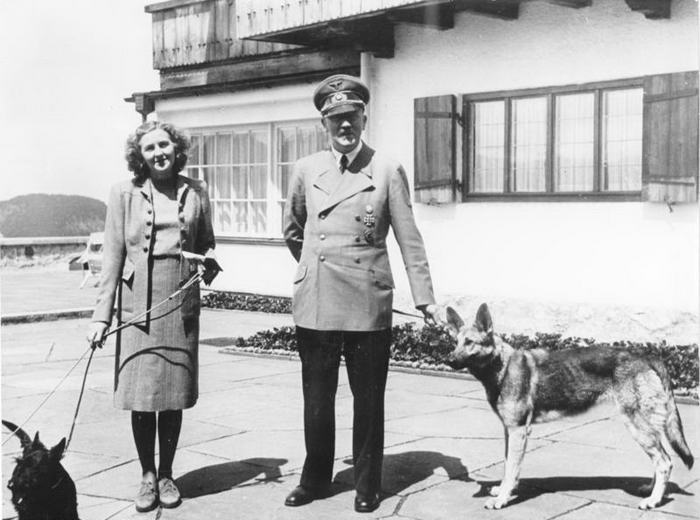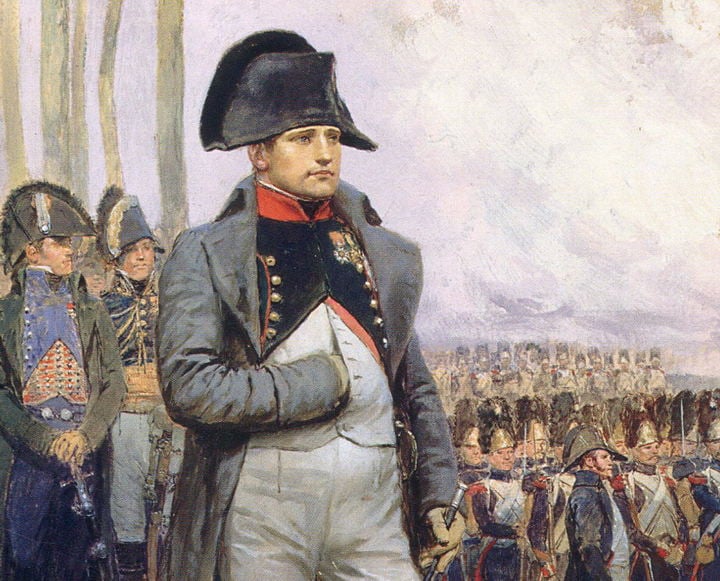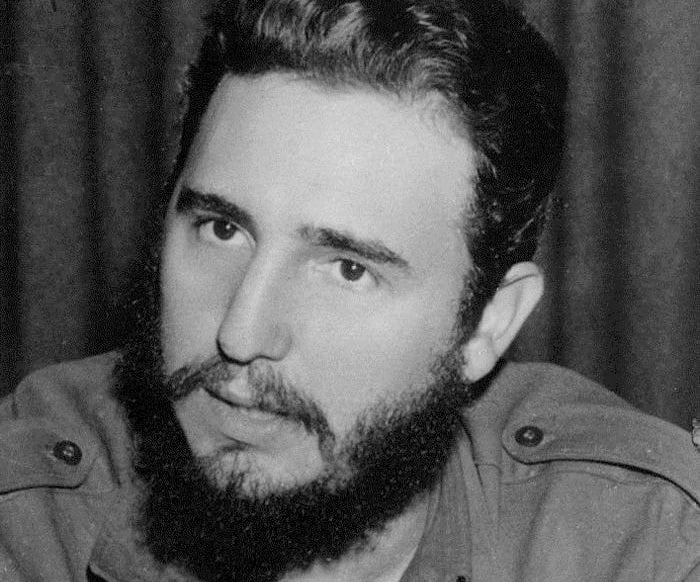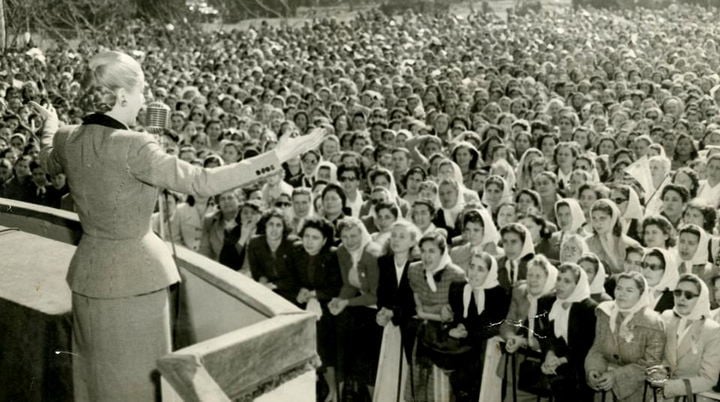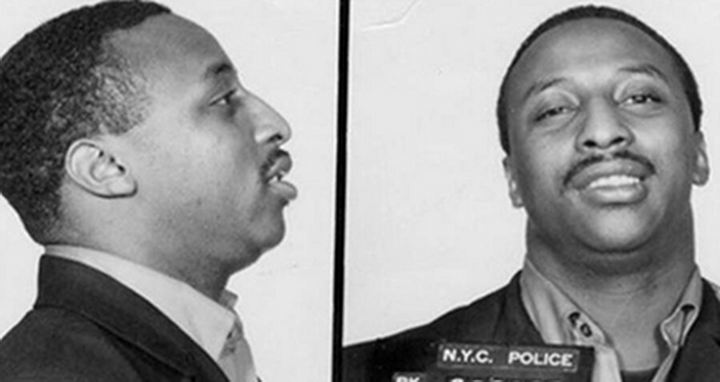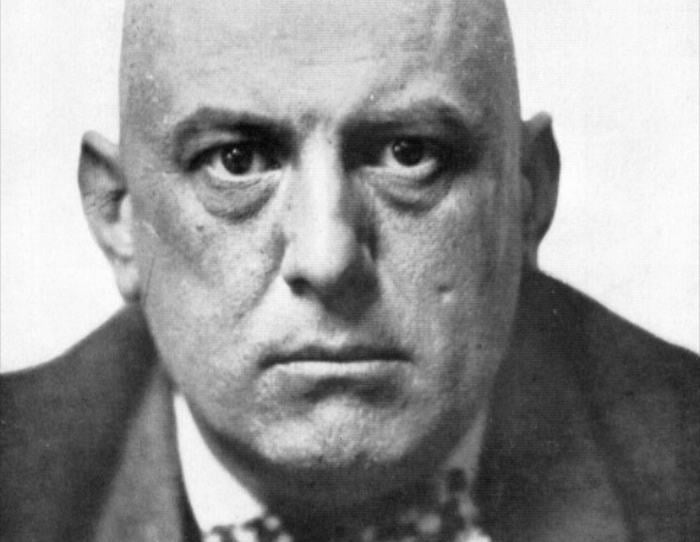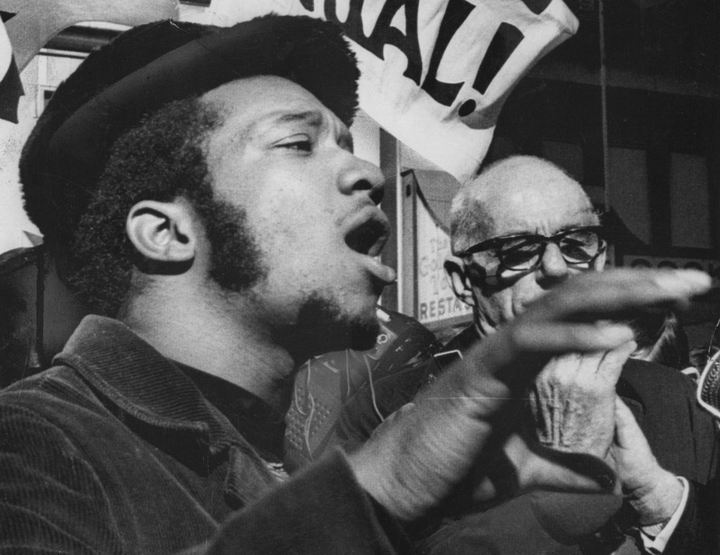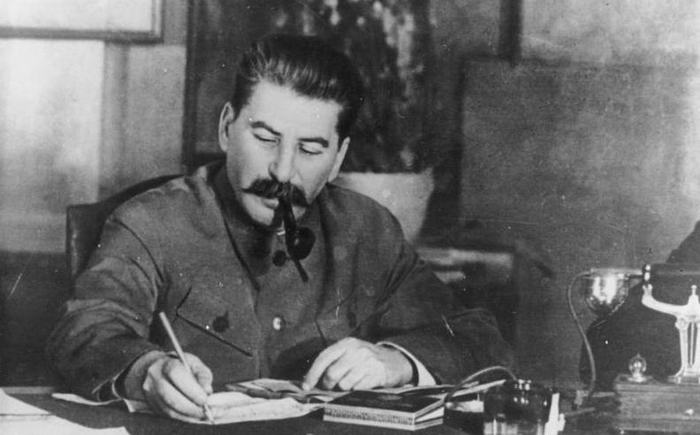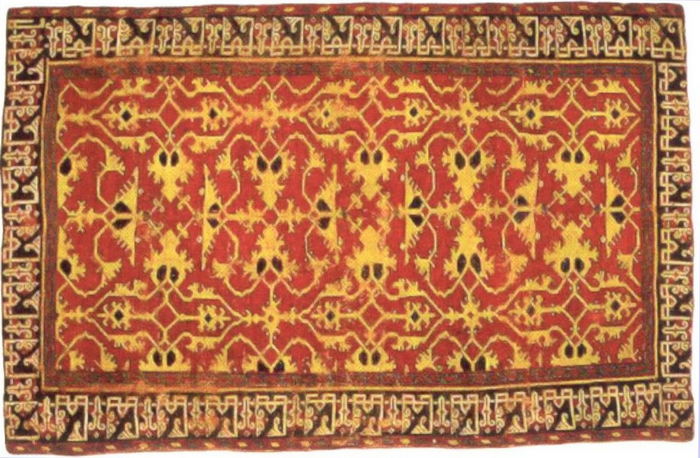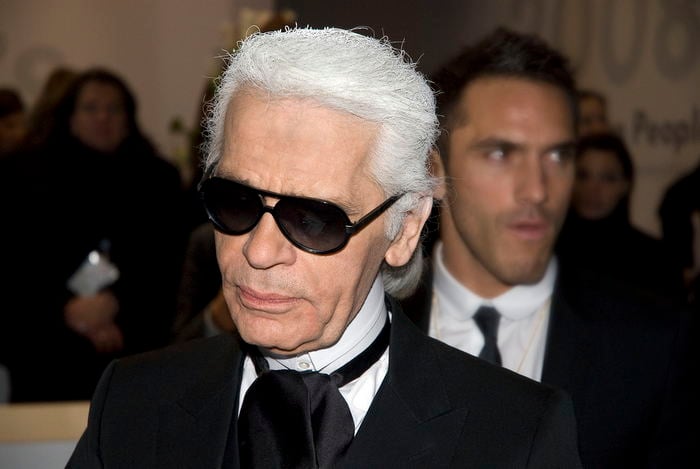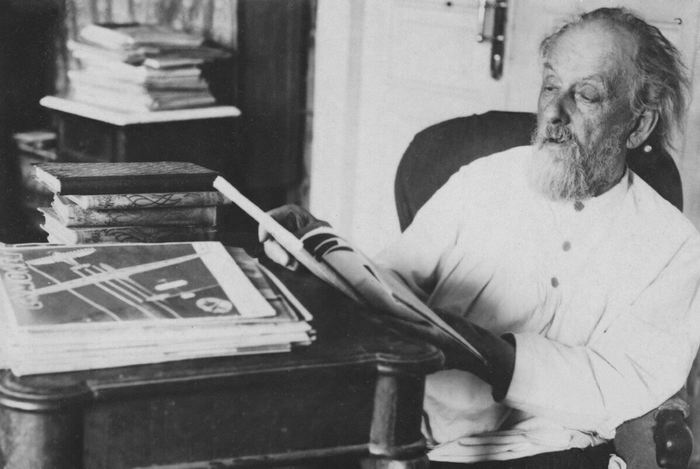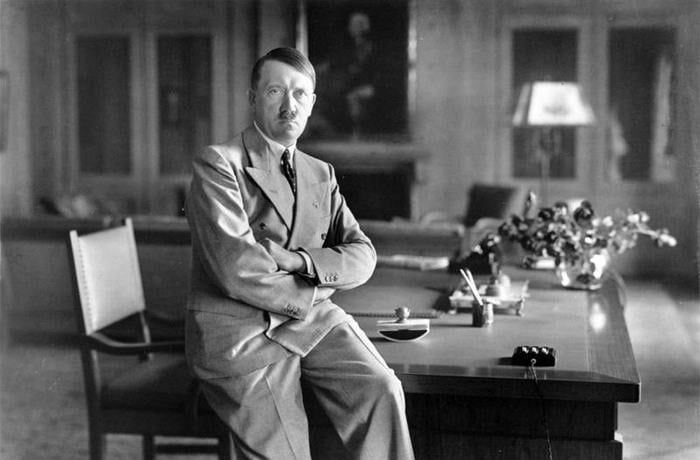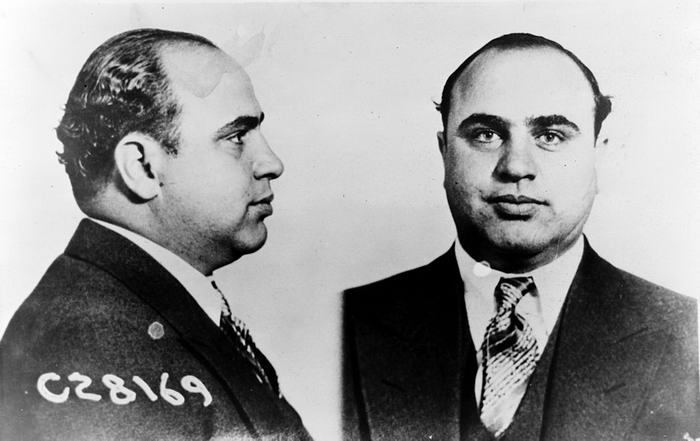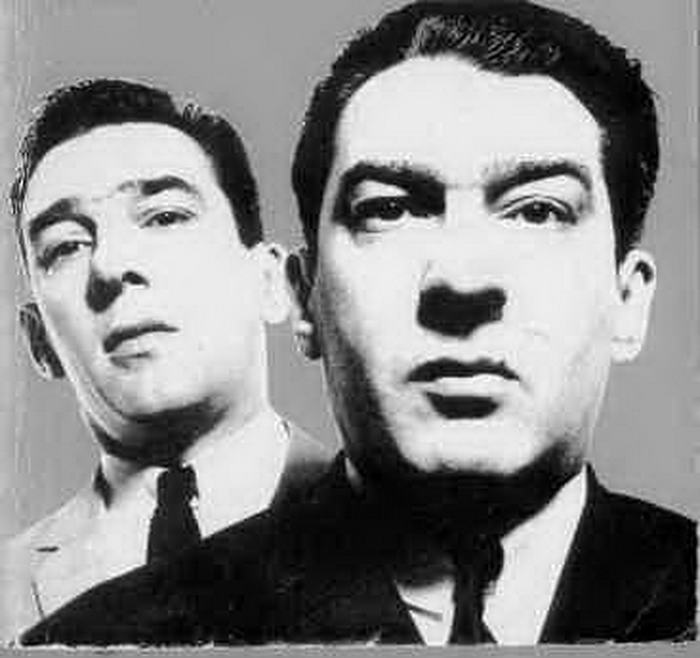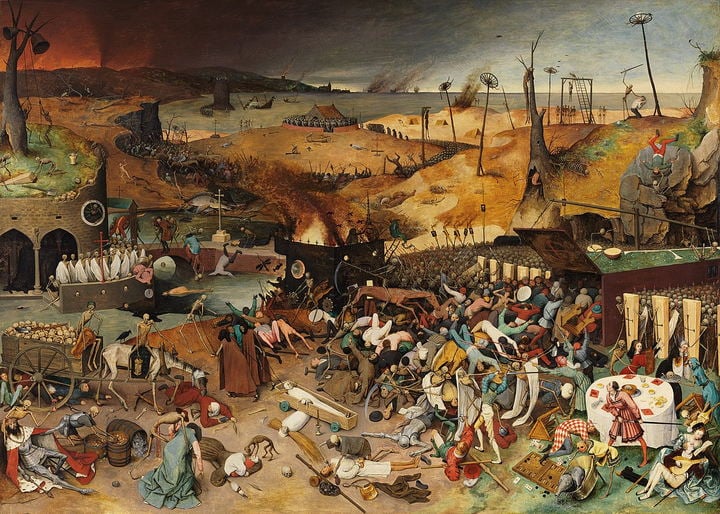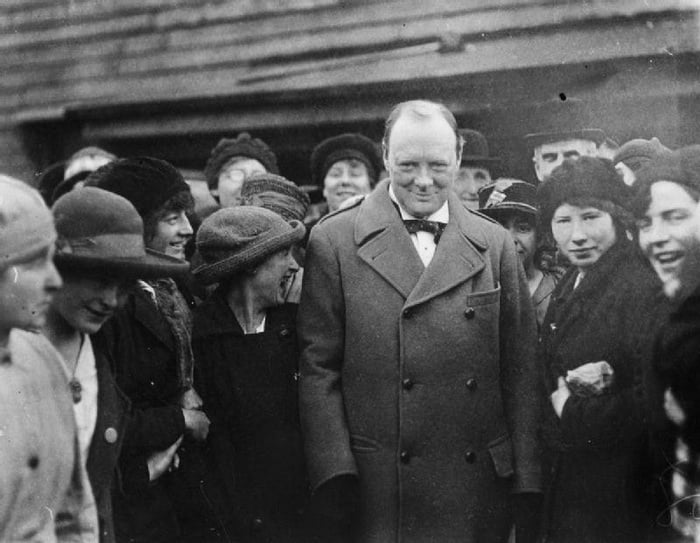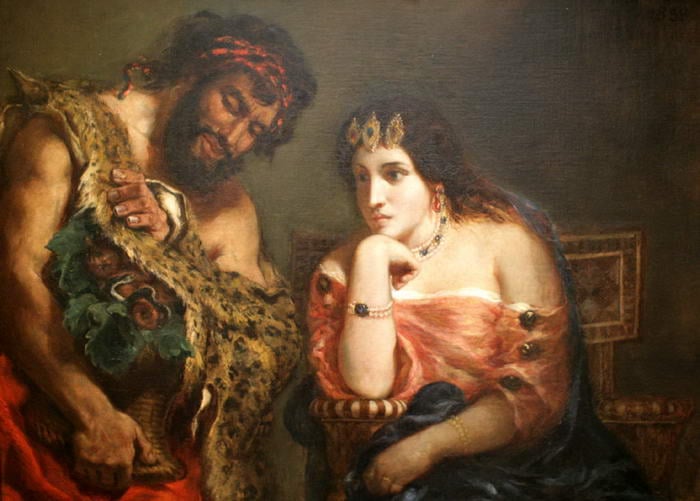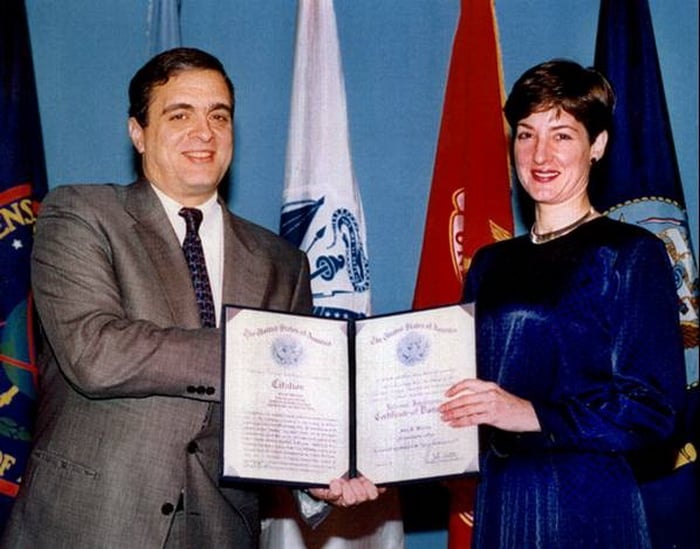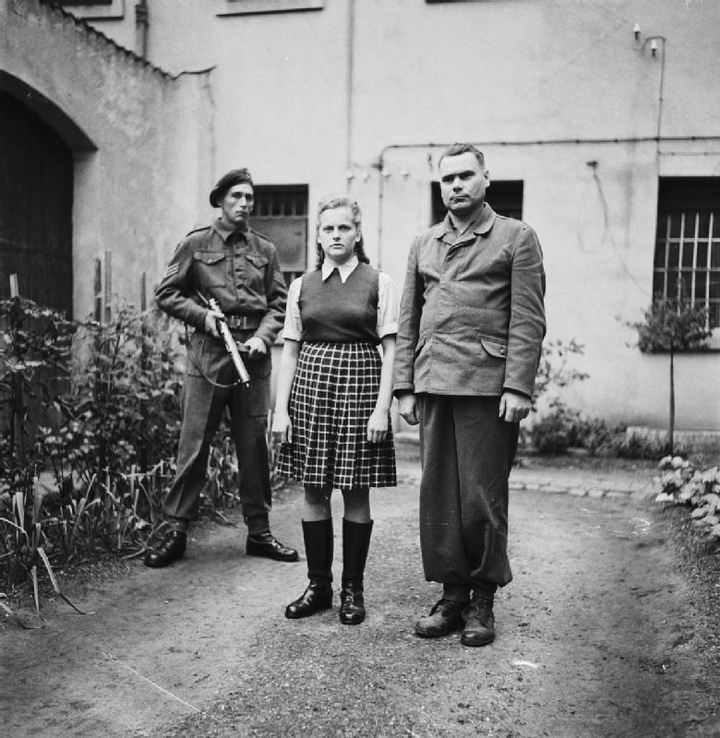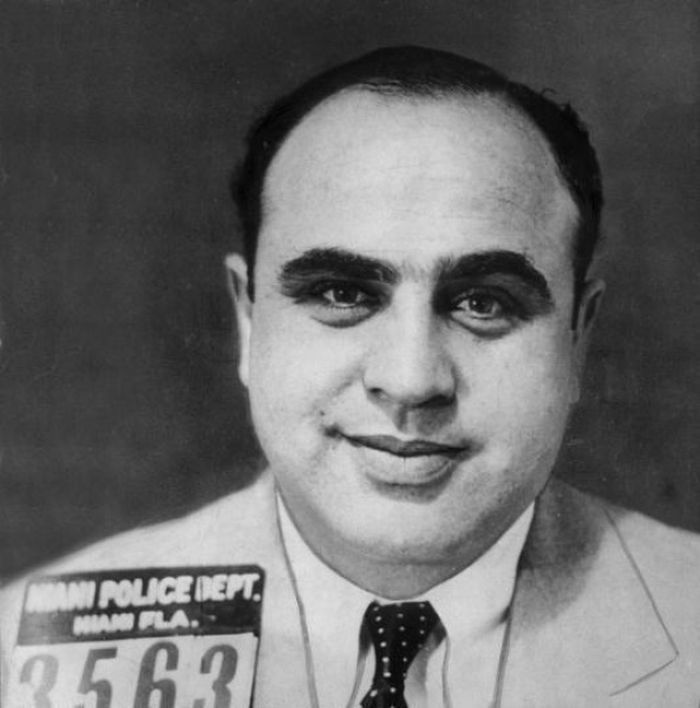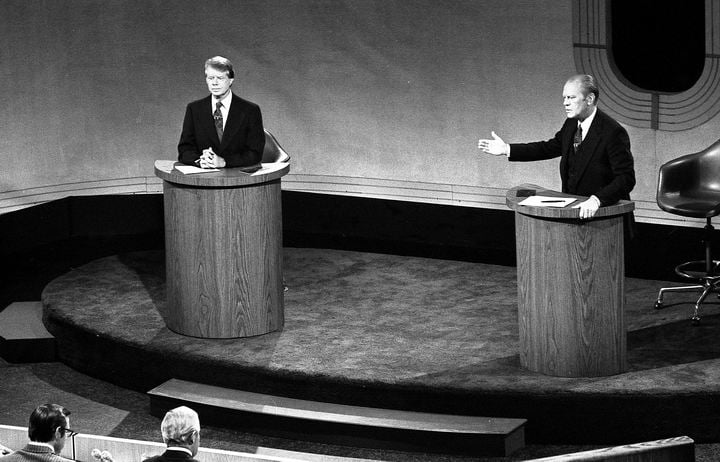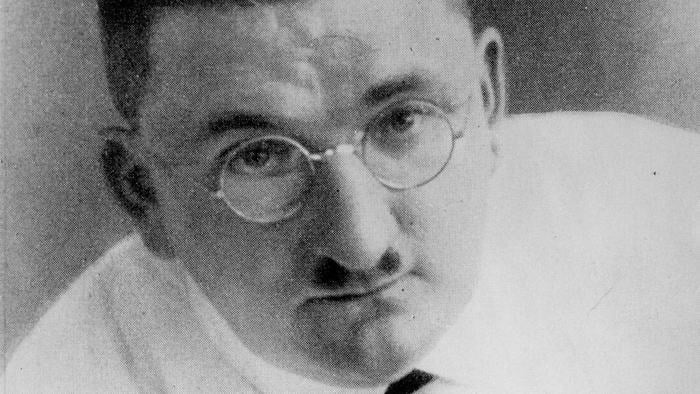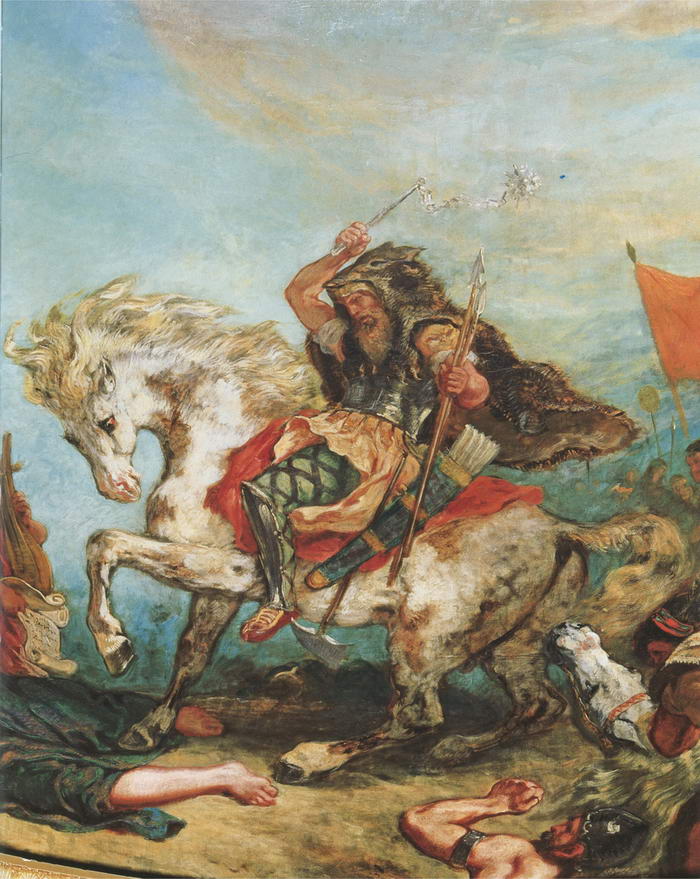To understand the essence of modern Turkey, one name inevitably comes to the fore – Mustafa Kemal Ataturk. A charismatic leader and statesman, his far-reaching vision propelled Turkey into the realm of contemporary nations. In this exploration, we’ll unpack the many facets of Ataturk’s life and legacy that leave an indelible imprint on the annals of history.
Ataturk, also known as Kemal Pasha, commanded respect as a tactical genius on the battlefield and an exemplary reformist off it. His accomplishments span the spectrum from political, legal, educational, cultural, to societal reforms, effectively revolutionizing Turkey’s identity. Born in Salonika, then part of the Ottoman Empire, Ataturk’s journey was driven by his unyielding commitment to sovereignty and secularism.
Not just the first president of the Republic of Turkey, Ataturk was the architect of a cultural revolution that strived for a progressive, secular, and modern nation-state. He believed in the transformative power of education, leading to the implementation of sweeping educational reforms. The usage of the Latin alphabet and the introduction of co-education bear testament to his relentless pursuit of enlightenment.
As we explore some fascinating Ataturk facts, it’s crucial to remember the context and impact of his reforms. Within just a few decades, Ataturk transformed the Turkish landscape, adopting a European orientation while fiercely maintaining national pride.
10 – A Signature Inked Forever

The personality of Mustafa Kemal Ataturk has had such a profound impact on the people of Turkey that they carry his legacy quite literally under their skin. His signature, a unique and stylized representation of his name, is a popular tattoo among Turks, encapsulating their admiration and respect for their nation’s founder.
This trend can be interpreted as an expression of national pride, a nod to modernity, or a silent protest against religious fundamentalism. A deeper look reveals that this trend embodies the spirit of Ataturk’s secularist reforms. The act of tattooing, a personal choice reflecting individual freedom, resonates with Ataturk’s vision for a free-thinking society.
09 – The Book-Loving Leader
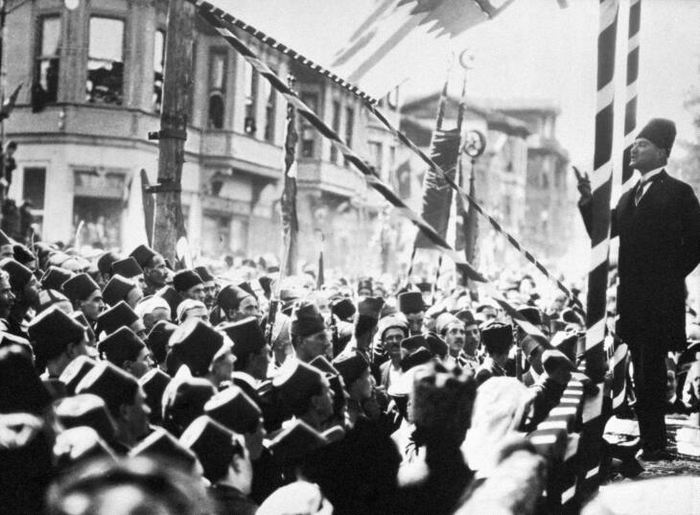
Mustafa Kemal Ataturk was not only a revolutionary statesman but also a voracious reader. In fact, one could call Ataturk a bookworm. His insatiable appetite for knowledge spanned across various domains including history, philosophy, sociology, and more.
Ataturk’s commitment to education and his belief in its power to transform societies were deeply rooted in his own love for learning. He famously said, “To read or not to read is to live or not to live.” This unwavering faith in education motivated him to implement comprehensive educational reforms that promoted literacy, scientific learning, and co-education.
08 – The Transition to Western Justice
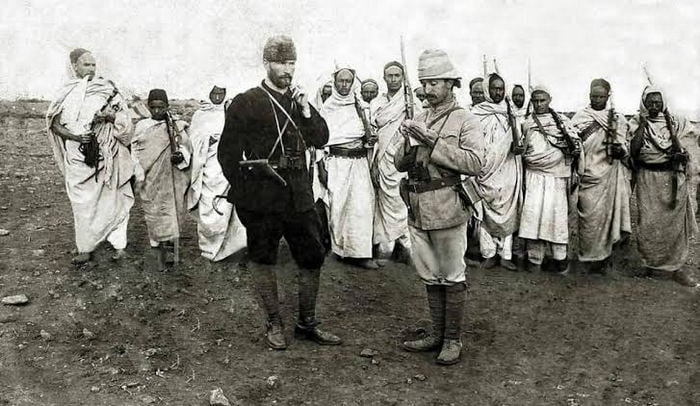
In his pursuit of modernity, Ataturk took a bold step that forever changed the course of Turkey’s justice system. He abolished the Islamic justice system, adopting in its place a western style of justice and law methods.
This bold move came in 1926 when Turkey adopted the Swiss Civil Code, effectively discarding the religious courts that were in place for centuries. This transition underscored his commitment to secularism, modernity, and rational legal principles.
Under Ataturk’s rule, Turkey witnessed a legal revolution, with a complete overhaul of the judiciary system. This shift included the introduction of secular laws, the establishment of a European-style court system, and the removal of religious influence from legal decisions. It showcased Ataturk’s commitment to a justice system that was impartial, fair, and above religious biases.
Ataturk’s vision for a modern, secular legal system continues to shape the legal landscape of Turkey today, underlining his transformative influence on the country. It is yet another testament to his unwavering dedication to bring Turkey in line with modern nations while preserving its unique cultural identity.
07 – The Founding Father of the Turkish Republic
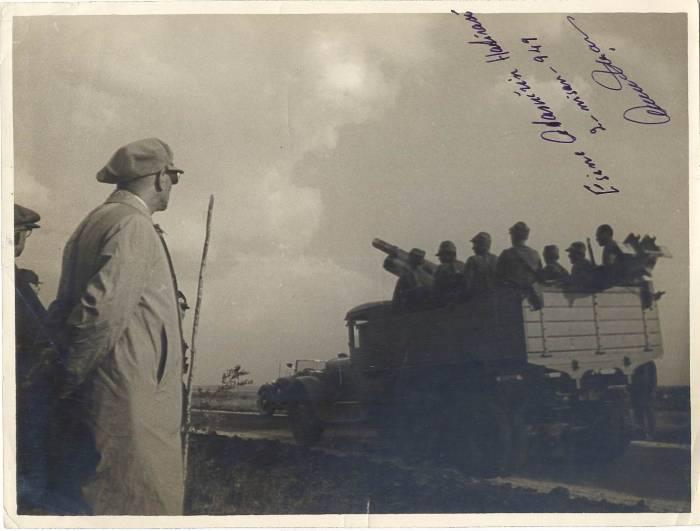
Mustafa Kemal Ataturk’s role in the establishment of the Republic of Turkey was instrumental. He was the driving force behind the transformation of the fragmented Ottoman Empire into a strong, sovereign nation. After leading a successful War of Independence against occupying forces, Ataturk declared the birth of the Republic of Turkey on October 29, 1923.
As the country’s first President, he set the wheels of radical reform in motion. From political and legal reforms to socio-cultural and educational changes, his policies were pivotal in shaping modern Turkey. Thus, when one talks about Ataturk facts, his role as the founding father of the Turkish Republic sits right at the top.
06 – The Advocate of Secularization and Nationalistic Education
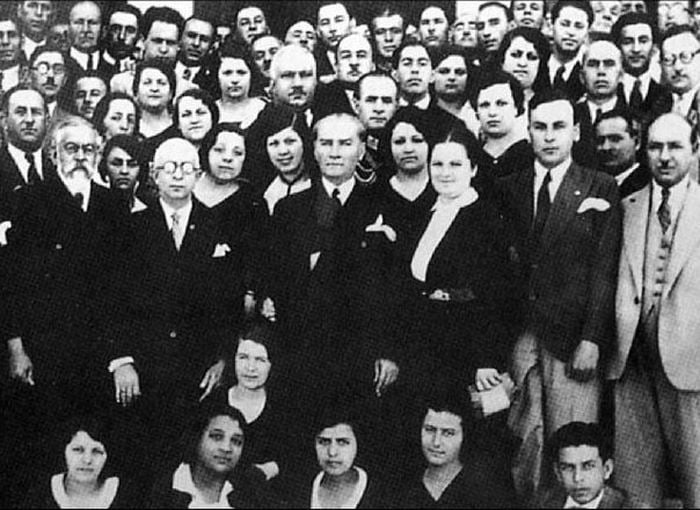
Ataturk’s vision for a modern, progressive Turkey led him to pursue a policy of state secularization. He believed that the separation of religion and state was essential for the nation’s progress and development. This marked a significant shift from the Ottoman Empire’s theocratic governance, making way for democratic principles and human rights.
Simultaneously, Ataturk advocated for nationalistic education. His goal was to foster a sense of national pride and unity among the diverse ethnic groups within Turkey. To this end, he revamped the education system, encouraging scientific thinking and promoting Turkish history and culture.
05 – The Language Revolution
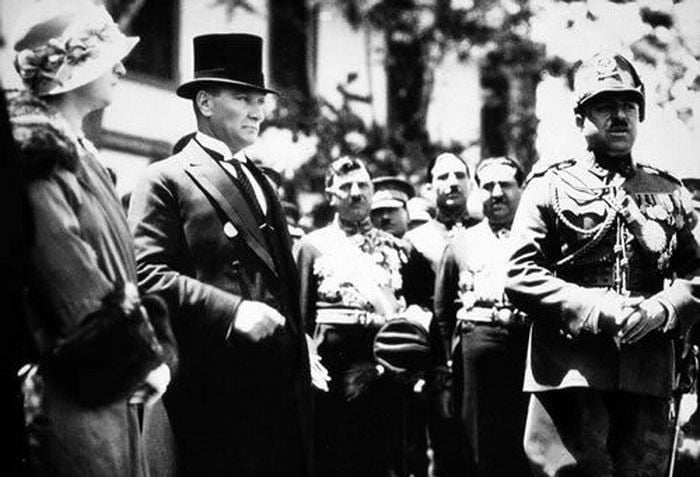
One of the most noteworthy Ataturk facts is his undertaking of a language revolution. Ataturk introduced the Turkish language, replacing the traditional Ottoman Turkish written in Arabic script with a simplified Turkish written in the Latin alphabet. The goal was to increase literacy rates and make the language more accessible and easier to learn.
The switch to the Latin alphabet was a Herculean task, with Ataturk personally leading classes to teach the new script. Within a mere span of five years, an entire country had adapted to this change, a testament to Ataturk’s leadership and the people’s resilience.
This linguistic transformation was more than just a practical reform; it symbolized Turkey’s transition from the remnants of the Ottoman Empire towards a modern, Western-oriented nation. Today, the Turkish language, with its Latin script, stands as a lasting legacy of Ataturk’s dedication to Turkey’s progress.
04 – The Champion of Women’s Rights
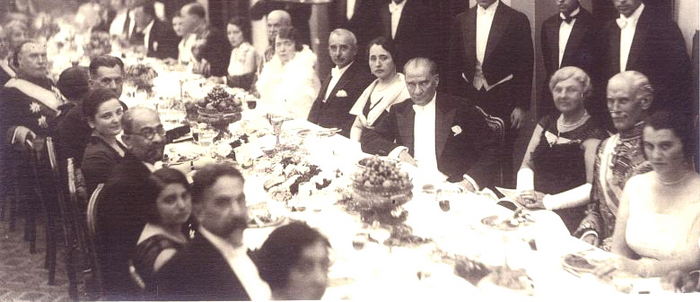
One of the striking changes that Mustafa Kemal Ataturk brought about was granting women the freedom to choose their attire. The move was groundbreaking, considering the previous rules that made wearing a headscarf compulsory for women. This decision wasn’t merely about clothing but about empowering women, promoting equality, and challenging traditional norms. His reforms recognized women’s rights, further paving the way for their active participation in society.
Ataturk’s commitment to gender equality didn’t stop at sartorial choices. He was a staunch advocate for women’s rights in education, politics, and social life. Hence, when one talks about Ataturk facts, his role as a feminist reformer is one that cannot be ignored.
03 – The Force behind Modernization and Westernization
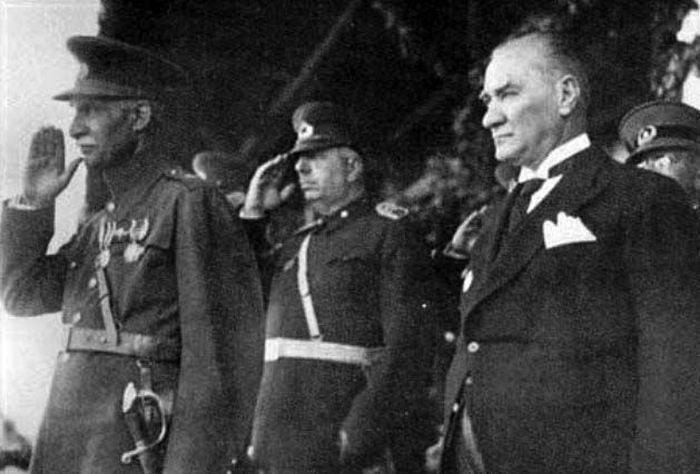
Ataturk envisioned a future where Turkey was in line with the progressive Western world. This vision led him to implement a series of reforms that aimed at modernizing and westernizing the country. He modernized agriculture, industry, and education, transforming the nation’s economy, society, and cultural fabric.
His westernization reforms included the adoption of Western-style clothing, calendar, and timekeeping methods. These reforms brought about significant changes in the country’s way of life, turning Turkey into a more modern and progressive nation. Thus, Kemal Pasha remains an embodiment of modern Turkish identity.
02 – The Abolition of the Ottoman Caliphate
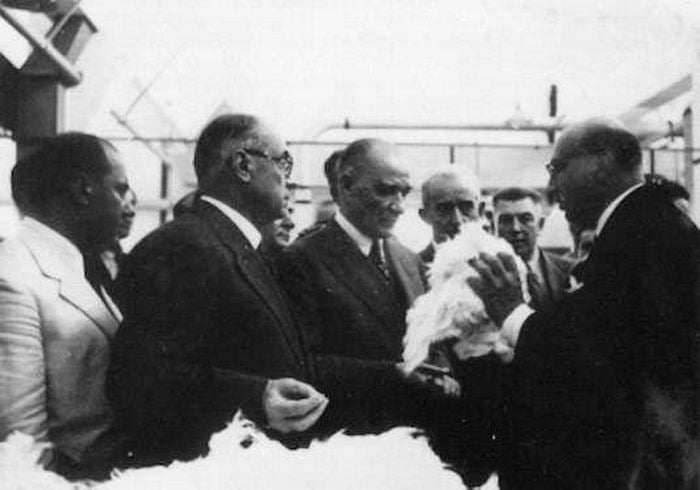
Arguably one of Ataturk’s boldest moves was the abolition of the Ottoman Caliphate. The Caliphate, a political-religious institution led by a caliph —a person considered a political-religious successor to the Islamic prophet Muhammad— was a symbol of the Islamic identity of the Ottoman Empire.
Ataturk abolished this institution in 1924, replacing it with a secular republic. This decision marked the end of the Ottoman dynasty’s rule and the beginning of a new era in Turkey. The abolition of the Caliphate symbolized the transition from a religious state to a nation-state based on secular principles. This significant change underscores Ataturk’s commitment to creating a modern, democratic Turkey, free from theocratic rule. His actions set a precedent for the separation of religion and state in Muslim-majority countries, a testament to his far-reaching influence.
01 – Ataturk: The Father of All Turks
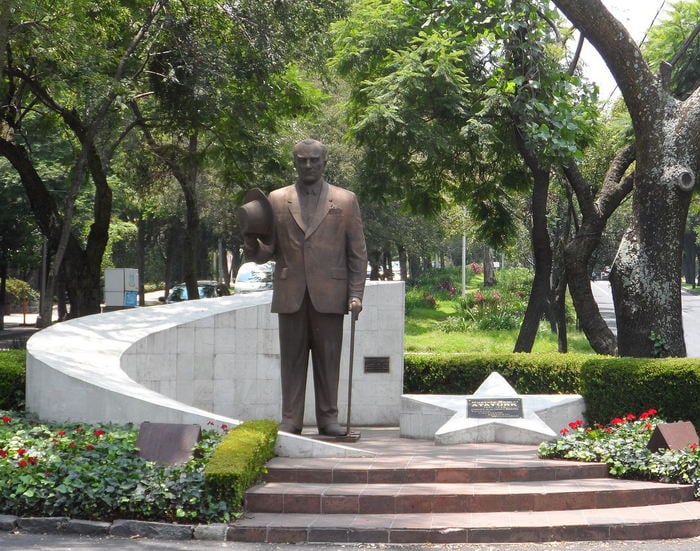
The significance of Mustafa Kemal Ataturk in the hearts and minds of Turks cannot be overstated. His surname, Ataturk, bestowed upon him by the Turkish parliament, means ‘The Father of all Turks’. This title is not merely a name, but a testament to the profound influence he had on the country and its people.
It was under Ataturk’s leadership that Turkey underwent a transformative period of comprehensive reforms. His vision and actions set Turkey on a path of modernity, secularism, and democracy. The impacts of his policies can still be seen today, shaping the culture, education, language, and legal system of Turkey.
Ataturk’s legacy is not only etched in the annals of Turkish history but also in the hearts of the Turkish people. The title ‘Ataturk’ is a symbol of the enduring respect and reverence Turks hold for their founder. It’s a title that no one else in Turkey is legally allowed to bear – a fitting tribute to the man who changed the course of a nation’s history.
Closing Thoughts
From introducing a new language to championing women’s rights, from transforming the judicial system to implementing secular policies, Mustafa Kemal Ataturk’s impact on Turkey is monumental. His vision for a modern, democratic, and secular Turkish republic set the nation on a course that still defines it today. The story of Ataturk is the story of Turkey itself – a tale of transformation and a testament to the power of visionary leadership of a world leader.
The interesting Ataturk facts covered in this discussion underline his role as a revolutionary reformer and a tireless advocate for his country’s advancement. Even as we move further into the 21st century, Ataturk’s vision continues to inspire, and his legacy continues to guide the path of the Turkish nation. His spirit, enshrined in the name ‘Ataturk,’ lives on as the father of modern Turkey. His life, his reforms, and his leadership remain the heart and soul of the Turkish nation, making him truly the ‘Father of all Turks’.


